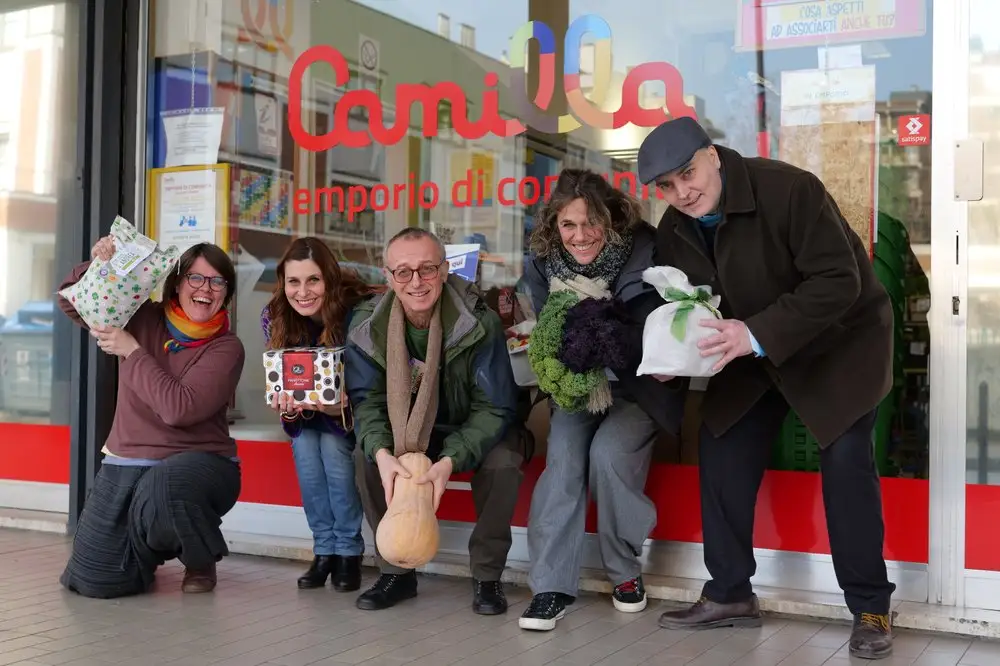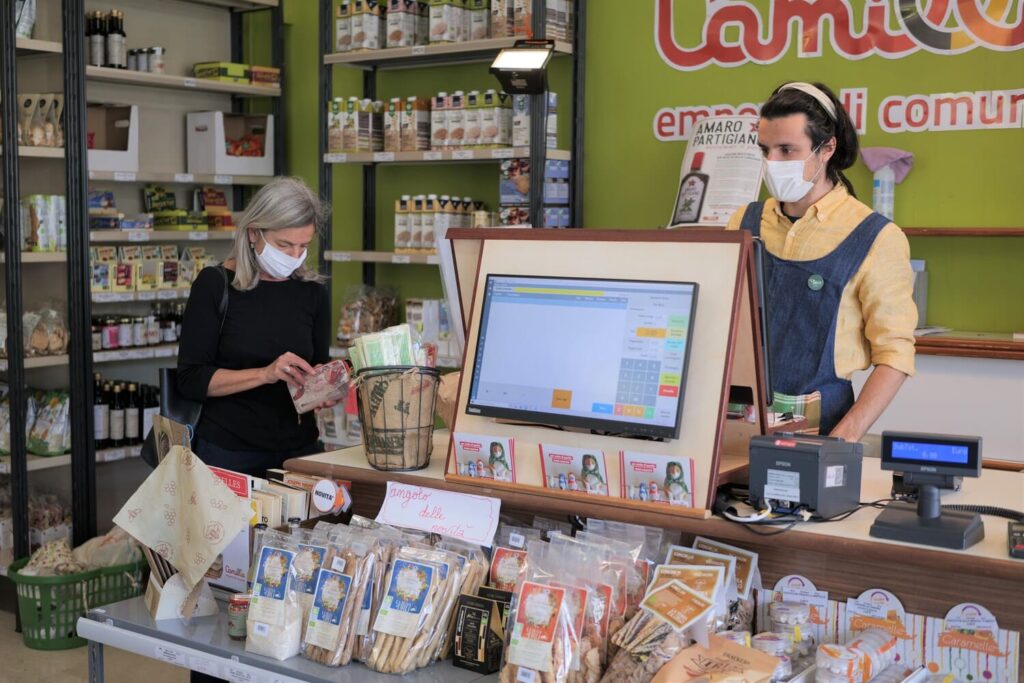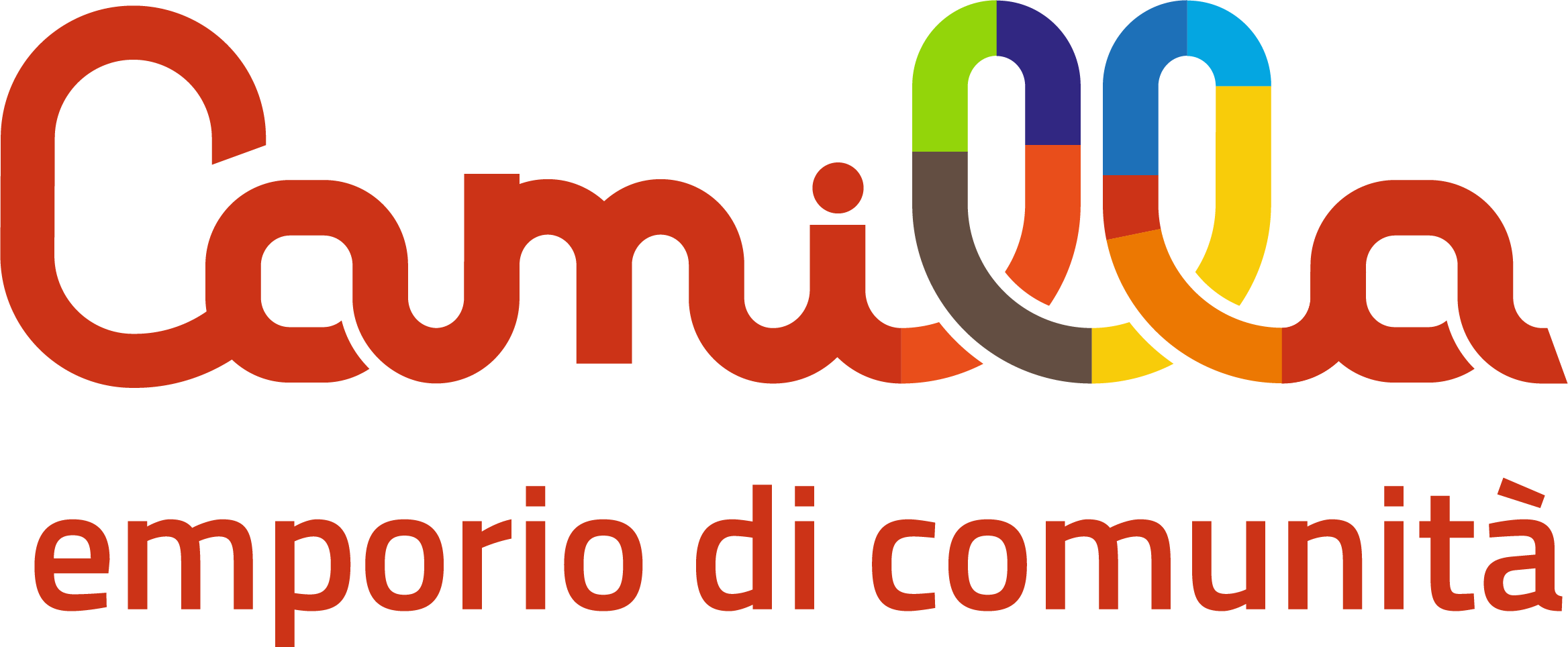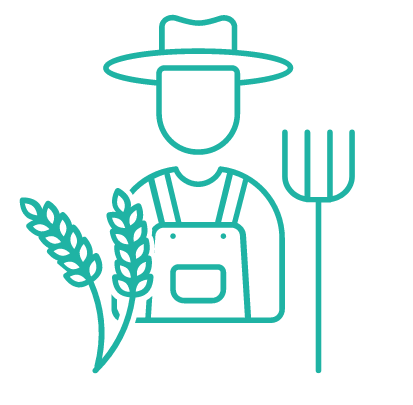Camilla Emporio di Comunità is Italy’s first self-managed food cooperative, founded in Bologna in 2019. It offers a sustainable alternative to the large-scale retail model, where only cooperative members can shop. This unique structure operates on the principle of the “cooperative shift,” enabling members to actively contribute to the cooperative’s management by taking on roles such as cashiers or warehouse coordinators. This participatory approach reduces operational costs and fosters a strong sense of community.
A defining feature of Camilla is its supplier selection process, which prioritizes local producers and ethically sustainable businesses. Drawing inspiration from the Participatory Guarantee System (PGS), the cooperative emphasizes direct relationships and on-site evaluations over conventional certifications. Many suppliers are linked to the Campi Aperti network, ensuring that every product aligns with stringent environmental and social standards.
Camilla’s innovative pricing model is built on the principle of “source price”, where every cost component – such as producer compensation and logistics – is transparently detailed. This approach empowers members to understand the true value of the products they purchase, encouraging informed and responsible consumption.
Beyond being a place to shop, Camilla serves as a hub for cultural and political engagement. The cooperative organizes events, workshops, and discussions on critical issues like food sovereignty and social justice, turning the emporium into a space for learning and collaboration. Camilla represents a model of solidarity economy, where cooperation, shared responsibility, and a focus on the local area create a concrete alternative to the agro-industrial system.


SUCCESS FACTORS
Economic efficiency: By involving members in operational roles Camilla significantly reduces staffing costs. This self-management approach helps maintain affordability while fostering a sense of ownership among members.
Transparent pricing model: The “source price” principle provides detailed breakdowns of costs, from producer compensation to logistics. This transparency not only builds trust but also ensures that prices reflect true product value, eliminating unnecessary margins from intermediaries.
Active member participation: Camilla’s members are not just consumers but also co-managers and decision-makers. Their involvement in procurement and policy decisions strengthens commitment and shared responsibility for the cooperative’s success.
Community building: Hosting workshops, events, and discussions on topics like food sovereignty and social justice transforms Camilla into a hub for learning, collaboration, and solidarity. These activities nurture an inclusive community and promote the exchange of ideas and practices.




Producer-consumer relationships: Direct relationships with local producers foster transparency and trust, enabling cooperative members to understand and appreciate the origins of the products they purchase.
Short supply chains: By focusing on local producers, the cooperative reduces transportation distances, which lowers greenhouse gas emissions and supports regional economies.
Sustainability model: Camilla’s model encourages responsible and conscious consumption, aimed at preserving the environment and natural resources, while promoting a food production model that respects biodiversity and supports the local economy.







